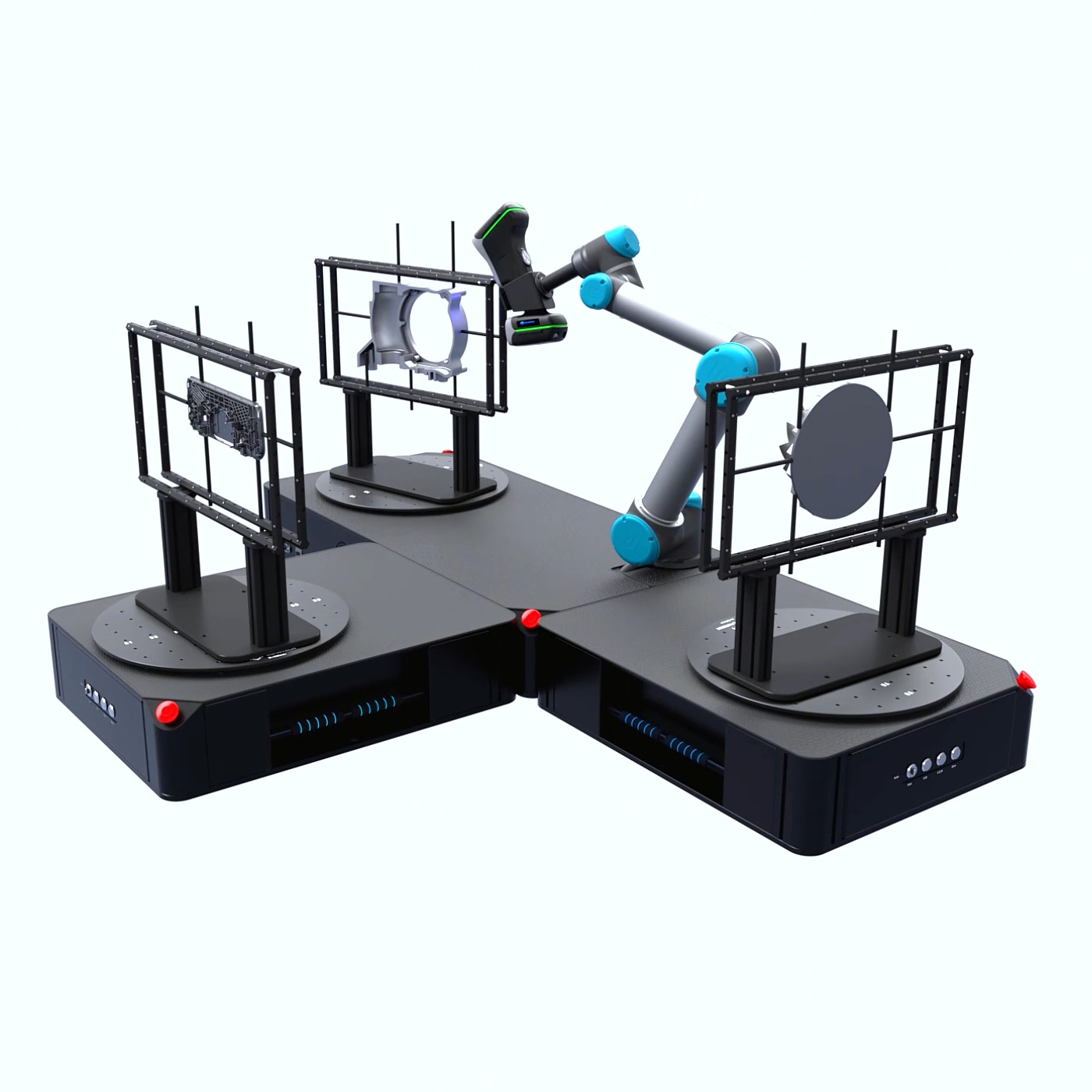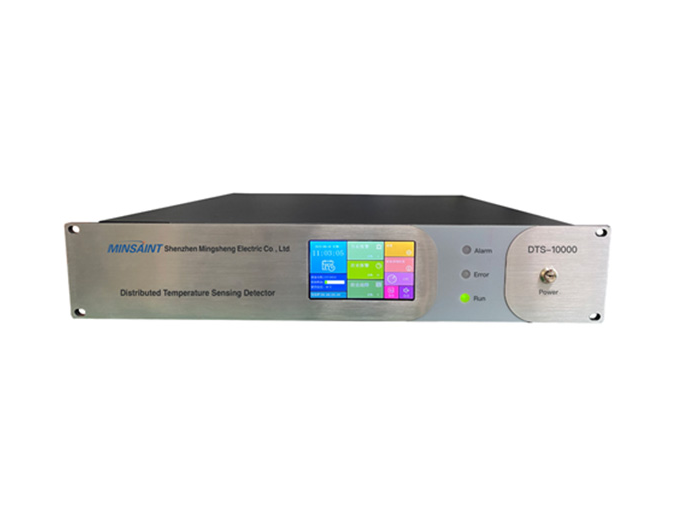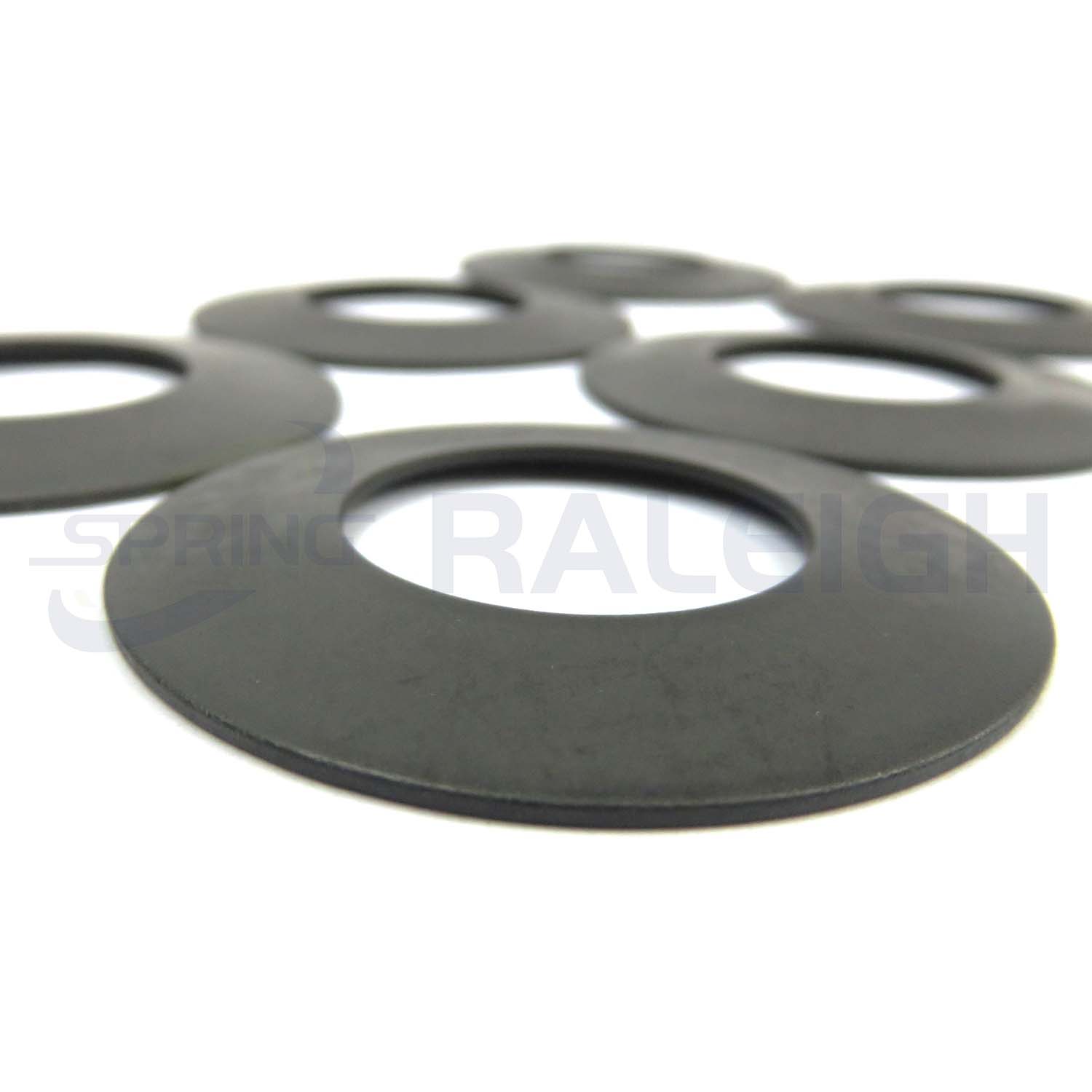In today's rapidly evolving industrial landscape, the role of a maintenance mechanic has become increasingly crucial. These skilled professionals play a vital role in ensuring the smooth operation, safety, and efficiency of machinery and equipment across various industries. In this blog post, we will delve into the multifaceted responsibilities of a maintenance mechanic, their indispensable contributions, and the skills required to excel in this field.
- Defining the Maintenance Mechanic:
A maintenance mechanic, also known as an industrial machinery mechanic, is a highly skilled technician responsible for inspecting, repairing, and maintaining machinery and equipment in industrial settings. They possess a deep understanding of mechanical systems, electrical components, and hydraulic and pneumatic systems, enabling them to diagnose and resolve complex issues efficiently. - Key Responsibilities:
Maintenance mechanics are entrusted with a wide range of responsibilities, including:
- Conducting routine inspections to identify potential issues and prevent breakdowns.
- Performing repairs and replacements of faulty components to ensure optimal functionality.
- Conducting preventive maintenance tasks, such as lubrication, calibration, and adjustments.
- Troubleshooting and diagnosing complex machinery problems using advanced tools and techniques.
- Collaborating with engineers and other professionals to optimize equipment performance and efficiency.
- Adhering to safety protocols and regulations to maintain a secure working environment.
- Essential Skills and Qualifications:
To excel as a maintenance mechanic, individuals must possess a diverse skill set, including:
- Proficiency in reading and interpreting technical manuals, blueprints, and schematics.
- Strong analytical and problem-solving abilities to diagnose and resolve complex issues.
- In-depth knowledge of mechanical, electrical, and hydraulic systems.
- Familiarity with computerized maintenance management systems (CMMS) for efficient record-keeping and scheduling.
- Excellent communication skills to collaborate effectively with team members and convey technical information.
- Adaptability and a continuous learning mindset to keep up with evolving technologies and industry trends.
- Industry-Specific Applications:
Maintenance mechanics find employment across various industries, including manufacturing, automotive, aerospace, energy, and more. Their expertise is invaluable in ensuring the uninterrupted operation of critical machinery, minimizing downtime, and maximizing productivity. From maintaining assembly lines to troubleshooting robotic systems, their contributions are indispensable in maintaining industrial efficiency. - The Future of Maintenance Mechanics:
As industries embrace automation, the role of maintenance mechanics is evolving. With the integration of advanced technologies like the Internet of Things (IoT) and predictive maintenance, these professionals are becoming data-driven problem solvers. By leveraging real-time data and analytics, they can anticipate equipment failures, optimize maintenance schedules, and reduce costs.
Conclusion:
Maintenance mechanics are the unsung heroes behind the scenes, ensuring the smooth functioning of industrial machinery and equipment. Their expertise, attention to detail, and problem-solving abilities contribute significantly to operational efficiency and safety. As industries continue to evolve, the role of maintenance mechanics will remain vital, adapting to emerging technologies and driving industrial progress.





